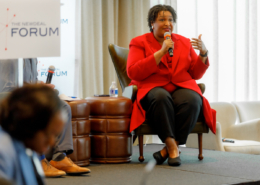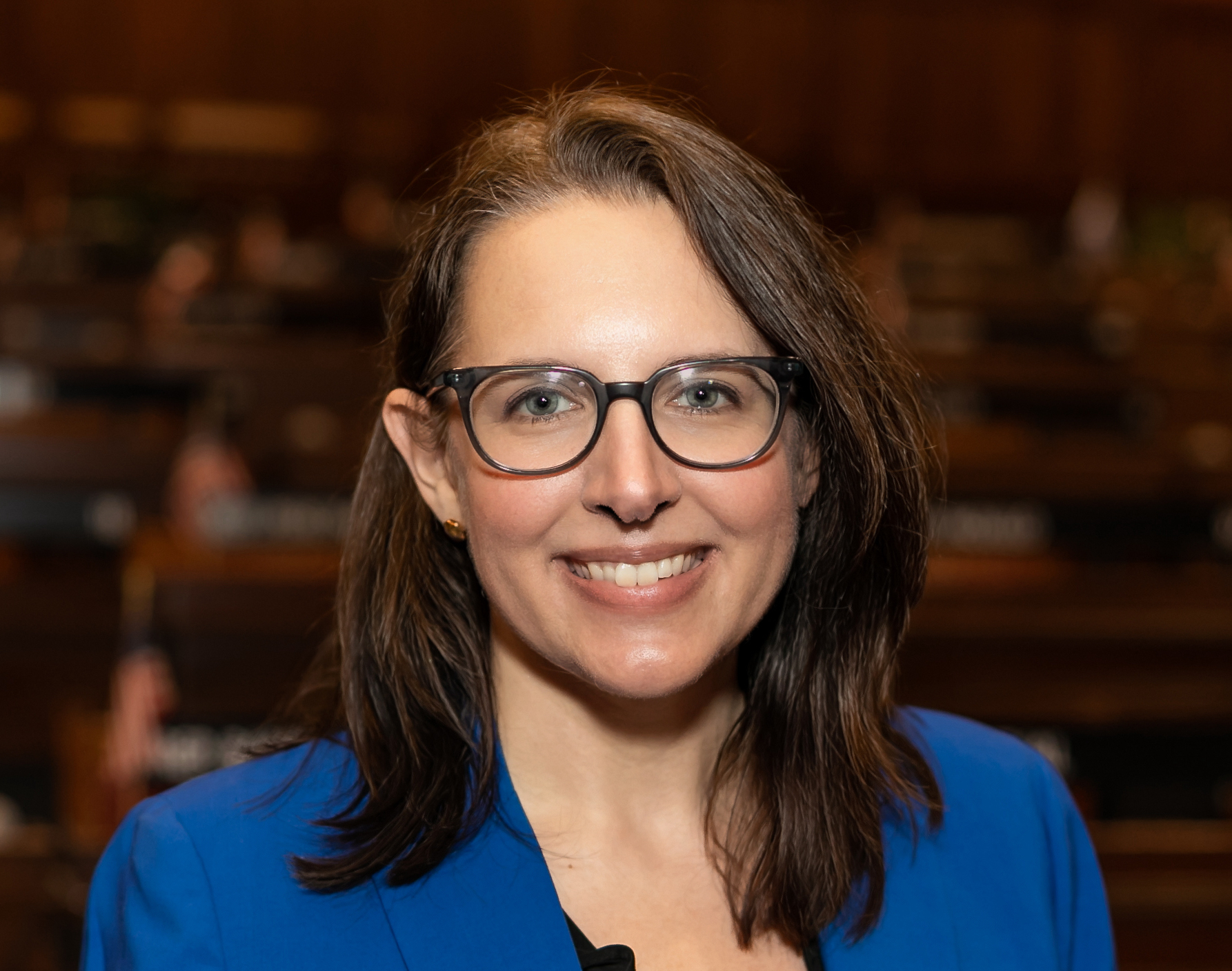Problem
The pandemic brought to light the importance of broadband access to essential daily tasks. This was especially the case as schools were forced to go virtual and families struggled to navigate online education for the first time. Salt Lake City students from low-income families, many of whom lack quality broadband access, a computer or both, were the most impacted as traditional community resources such as libraries and public access computer labs were also forced to close due to the pandemic. A recent study by Michigan State University found that students who do not have access to the Internet from home or rely solely on cellular data perform lower on a range of metrics, including homework completion and grade point average (half a letter grade lower). Bridging this technology gap will increase digital literacy and improve student achievements in Salt Lake City.
Solution
The Digital Equity Policy of Salt Lake City was adopted on September 1, 2020 to address the imbalances related to digital equity. Two of the policy’s targeted action items called for increasing access to affordable broadband services and reliable devices. Salt Lake City is doing this through a program known as City Connect which activates public wifi hotspots in community centers and parks throughout the City and provides surplus computers to low-income students and families. Additionally, through a public-private partnership with Comcast “Lift Zones”, Salt Lake City is able to bring high quality broadband service to our community learning centers and facilities supporting our Youth and Family programs.


 https://newdealleaders.org/wp-content/uploads/2025/05/Leaders.jpg
1440
2560
Rachel Walsh
http://newdealleaders.org/wp-content/uploads/2019/11/logo-tnd.png
Rachel Walsh2025-05-07 21:02:352025-05-09 21:04:35Annual NewDEAL Forum Ideas Summit in Atlanta
https://newdealleaders.org/wp-content/uploads/2025/05/Leaders.jpg
1440
2560
Rachel Walsh
http://newdealleaders.org/wp-content/uploads/2019/11/logo-tnd.png
Rachel Walsh2025-05-07 21:02:352025-05-09 21:04:35Annual NewDEAL Forum Ideas Summit in Atlanta





